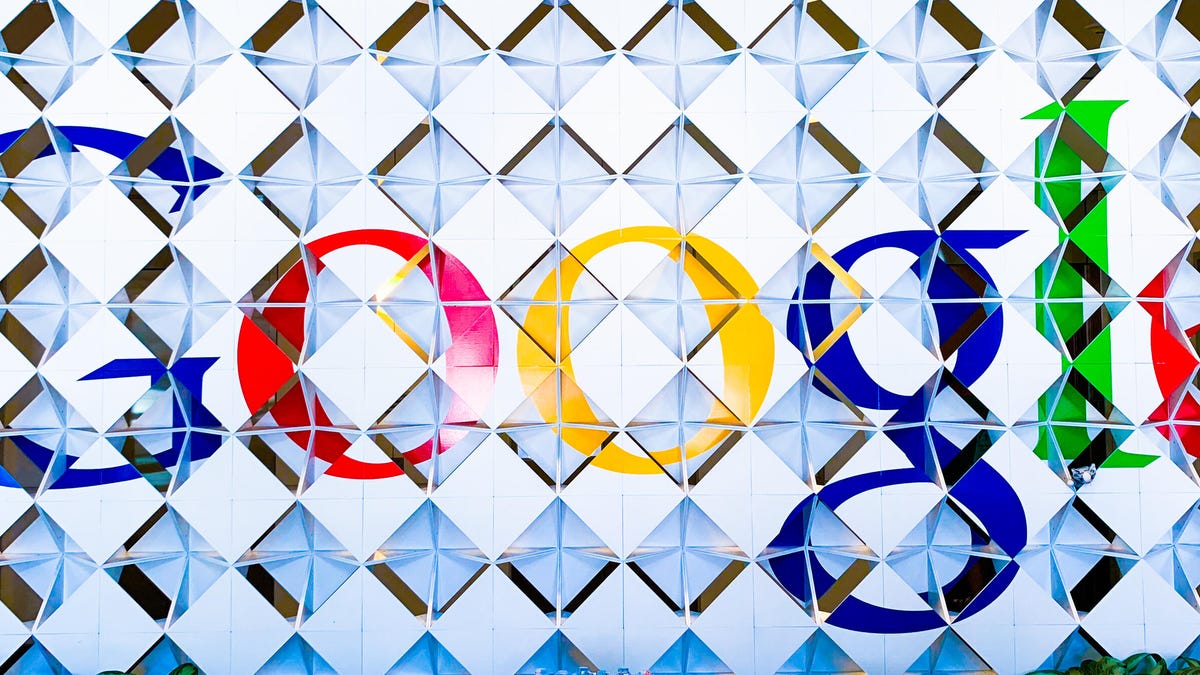Google, Facebook CEOs signed off on allegedly illegal ad deal, lawsuit says
The antitrust lawsuit, led by Texas Attorney General Ken Paxton, was filed in 2020, with an unredacted version coming to light Friday.

The chief executives of Facebook and Google personally signed off on a deal that allegedly gave the social network an advantage in the search giant's online advertising auctions, according to a newly unredacted court filing.
New details about the agreement, reported Friday by The Wall Street Journal and Politico, come in an unredacted version of a multistate antitrust lawsuit led by Texas Attorney General Ken Paxton that was originally filed in 2020. Some elements of the ad deal, codenamed Jedi Blue, had previously been reported by the Journal.
The newly unsealed court document, however, alleges that Google CEO Sundar Pichai and Facebook CEO Mark Zuckerberg were personally involved in approving the ad agreement, according to Politico. Since the lawsuit was filed, Facebook has rebranded its parent company as Meta. Meta isn't a defendant in the case.
The original lawsuit accused Alphabet-owned Google of harming competitors by engaging in "false, deceptive, or misleading acts" while operating its online ad exchange. It also alleged that Facebook illegally teamed up with the search giant, one of it biggest competitors in digital advertising.
Google spokesman Peter Schottenfels said the lawsuit lacks merit and contains inaccuracies. "We sign hundreds of agreements every year that don't require CEO approval, and this was no different," Schottenfels said in an email. He added that Facebook is one of more than 25 companies that participate in its ad bidding program.
Facebook also defended the agreement. In an emailed statement, a spokesperson for Meta said "these business relationships enable Meta to deliver more value to advertisers."
CNET hasn't been able to independently obtain the unredacted lawsuit. It doesn't yet appear to be available in Pacer, a database of federal lawsuits. The Texas attorney general's office didn't immediately respond to a request for comment.
Publishers react
In addition to the lawsuit filed by the Texas attorney general, Google and Facebook are also facing lawsuits from over 30 publishers across the country that print more than 200 newspapers. These companies allege that the tech giants have been unfairly manipulating the advertising market and siphoning away revenue, crippling their businesses.
The wave of litigation from publishers comes as the US Justice Department has also sued Google for allegedly violating antitrust laws, charging that the company has a monopoly in search and online advertising. Facebook is also facing action from the Federal Trade Commission over allegations the social media site maintained its dominance by acquiring or eliminating companies it sees as competitive threats.
The alleged involvement of Google's and Facebook's top executives in deals that publishers say have harmed their businesses is seen by some as further evidence that the companies have deliberately worked to put smaller publishers out of business.
"The unredacted complaint in the ad tech suit should put to rest the argument that Google wins just because its products are 'better,'" said David Chavern, president and CEO of the News Media Alliance, a Washington, DC-based nonprofit representing nearly 2,000 new organizations in the US. "Anti-competitive side deals and market manipulation don't count as innovation."



